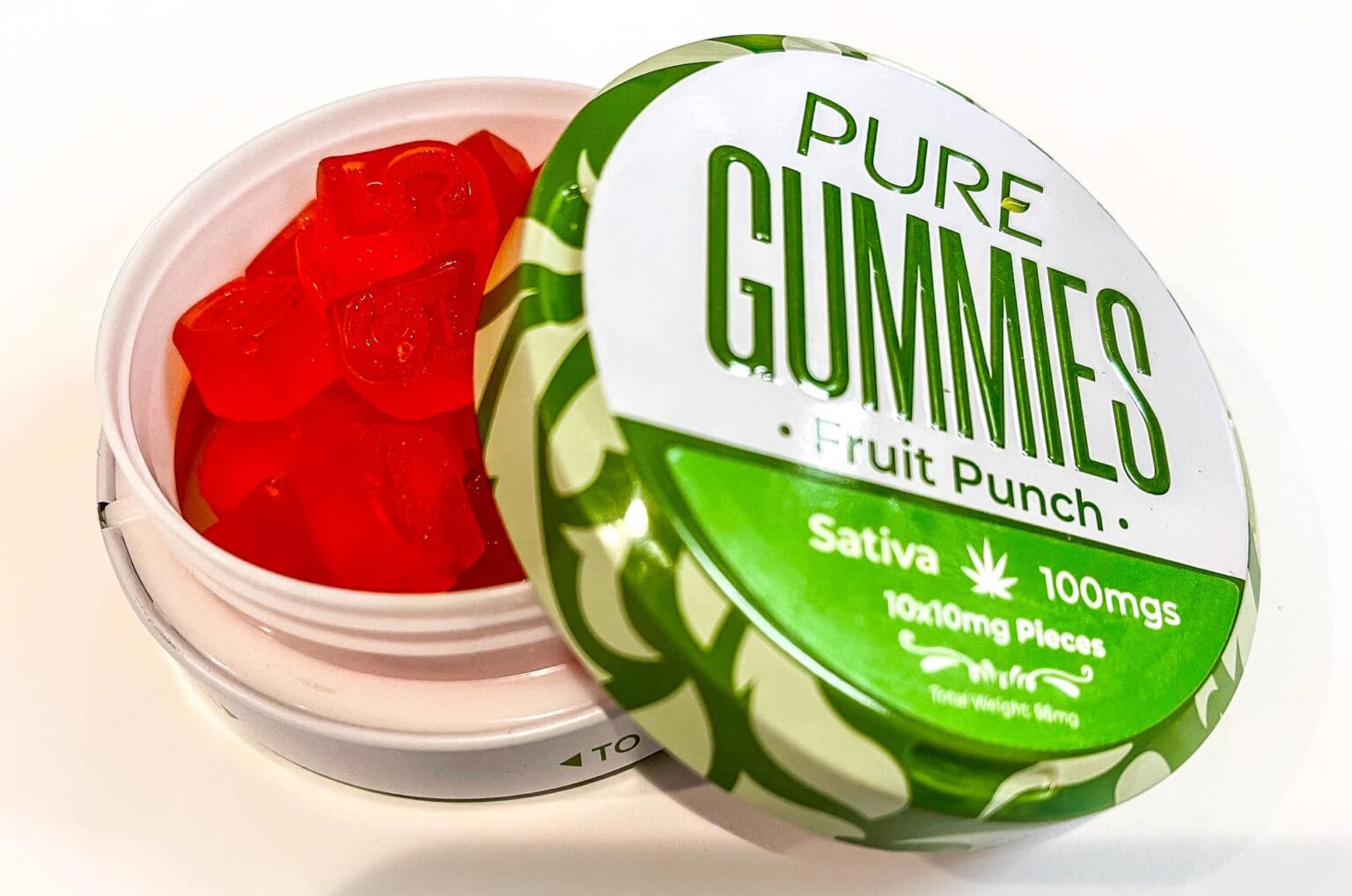The Legal Status of THC Gummies: A Global Perspective
THC gummies are becoming an increasingly popular form of cannabis edibles around the world. With their ease of use and flavourful options, it’s no wonder so many people are turning to these tasty treats for their daily dose of THC. But what is the legal status of THC gummy bears in different states and countries? Here we take a look at the laws governing THC gummies in different areas, as well as some tips on how to comply with local regulations.

Legal status in the United States
In the United States, there is no single answer when it comes to the legal status of THC gummies. Laws vary from state to state, depending on whether cannabis has been legalised or not. In states where recreational cannabis is legal, such as California and Colorado, there are few restrictions on the purchase and consumption of THC-infused edibles such as gummies. However, in states where recreational marijuana remains illegal, products containing hemp-derived CBD may be banned under certain circumstances. It’s important to check your local laws before buying or consuming any edible containing cannabinoids.
Legal status in Canada
Canada recently legalised recreational cannabis nationwide, making it one of the few countries in the world that allows adults over the age of 18 to purchase and consume all forms of cannabis, including edibles such as THC gummies, without restriction. While Canadians can enjoy these delicious treats without worrying about legal repercussions, there are still some restrictions that must be followed, such as packaging requirements and maximum dosage limits per package, which vary by province or territory (it’s usually 10mg/pack).
Legal status across Europe
The laws surrounding marijuana-infused edibles vary widely across Europe, with some countries being more restrictive than others. In general, however, most European countries have accepted medical marijuana as a legitimate form of treatment for certain conditions, but have imposed strict regulations on its use and distribution. As a result, only licensed pharmacies can sell medicinal cannabis products such as THC gummy bears, while recreational use remains banned across much of Europe, with the exception of select regions such as the Netherlands and Spain, which allow adult consumption in designated ‘coffee shops’ or other private retail outlets.
Legal status in Asia and Australia
Cannabis remains illegal in much of Asia, but some countries have begun to relax their stance on cannabis products, such as hemp-derived CBD oil, which is now available over the counter in stores throughout Thailand, although traditional methods of marijuana consumption such as smoking or ingesting edibles such as gummy bears with high THC content (above 0.2%) are prohibited. Meanwhile, Australia largely prohibits personal possession or use, but allows access by prescription for certain approved medical purposes (such as chronic pain relief) from qualified medical practitioners after a thorough assessment process, following recent amendments to the law enacted last year (2020).
Legal status in South America & Africa
The legality of marijuana use across South America generally follows similar trends to those seen elsewhere, with Brazil allowing possession of up to 15 grams, while Argentina allows home cultivation of up to six plants, provided they are registered with the relevant authorities beforehand (and consumed strictly within the home). Similarly, many African countries have relaxed penalties for possession of small amounts, although larger quantities remain illegal, with the exception of Morocco, where government-sanctioned licensed growers can produce commercial goods that can only be sold in authorised retail outlets if properly taxed according to World Trade Organisation (WTO) standards.

Conclusion
As you can see from this brief overview, the legal status surrounding cannabis-derived products such as THC gummi bears varies greatly from country to country and even state to state depending on local legislation, so it’s always best practice to double check your local laws before engaging in any sort of activity related to these types of goods – especially when travelling internationally!
